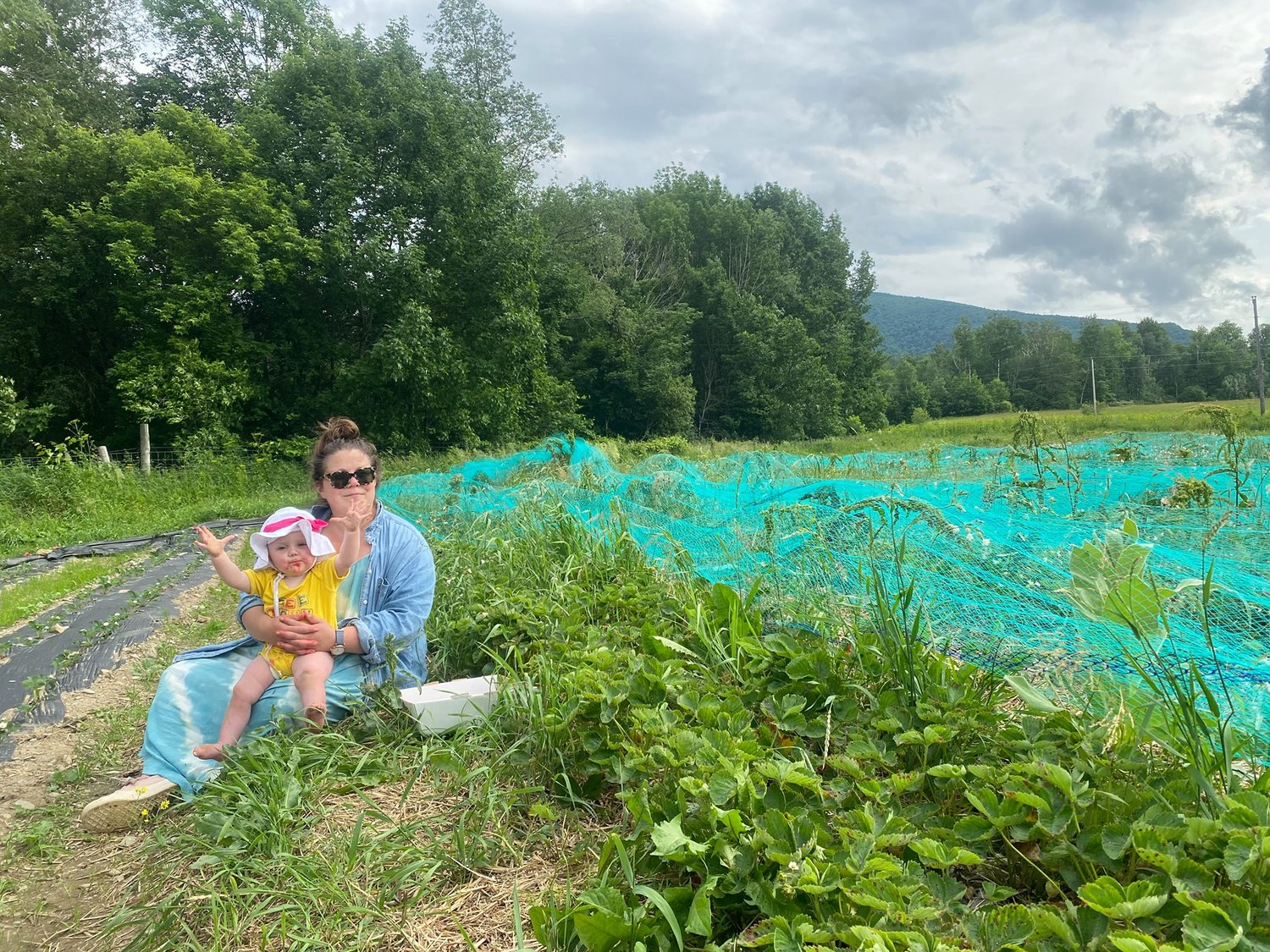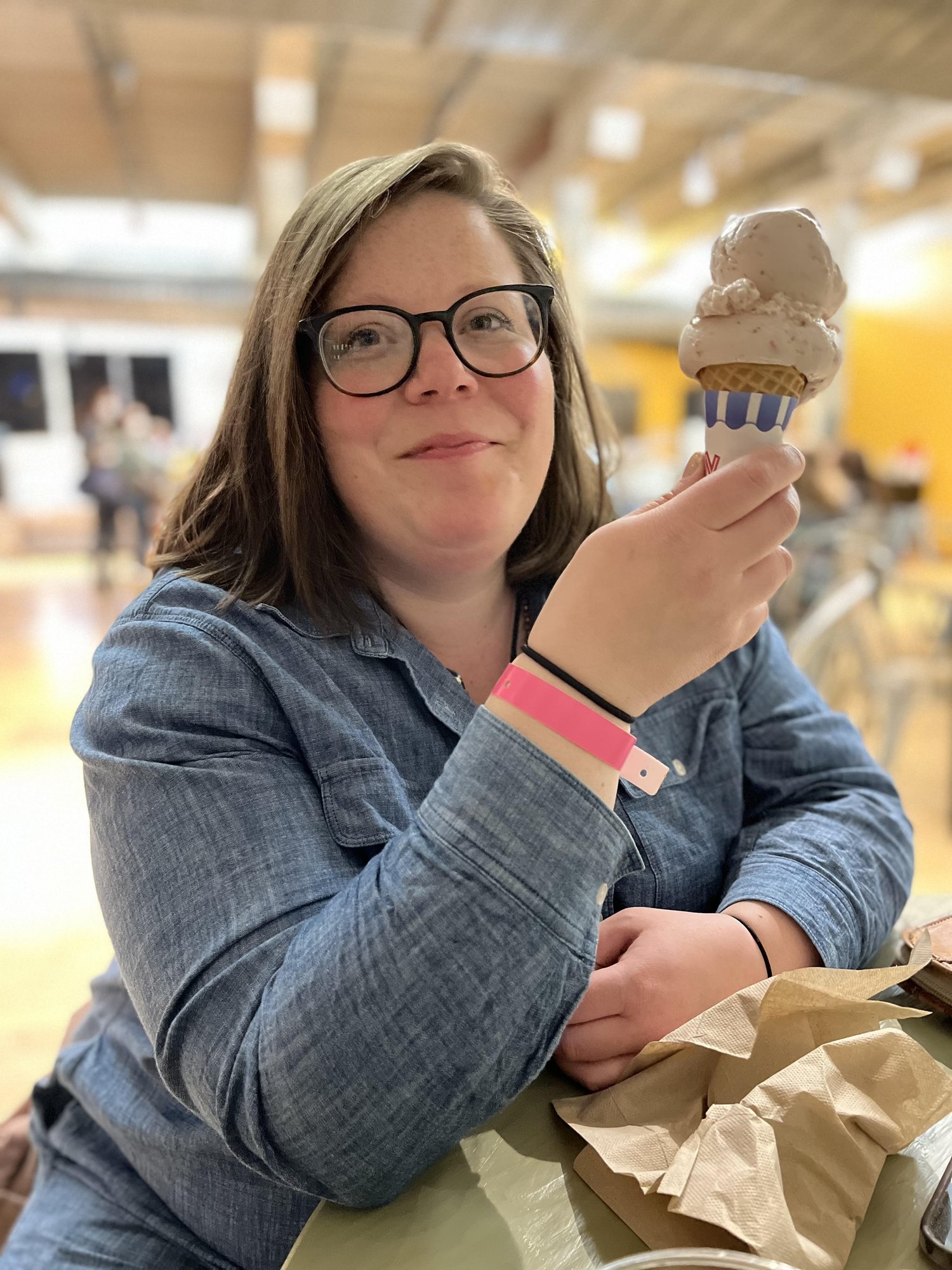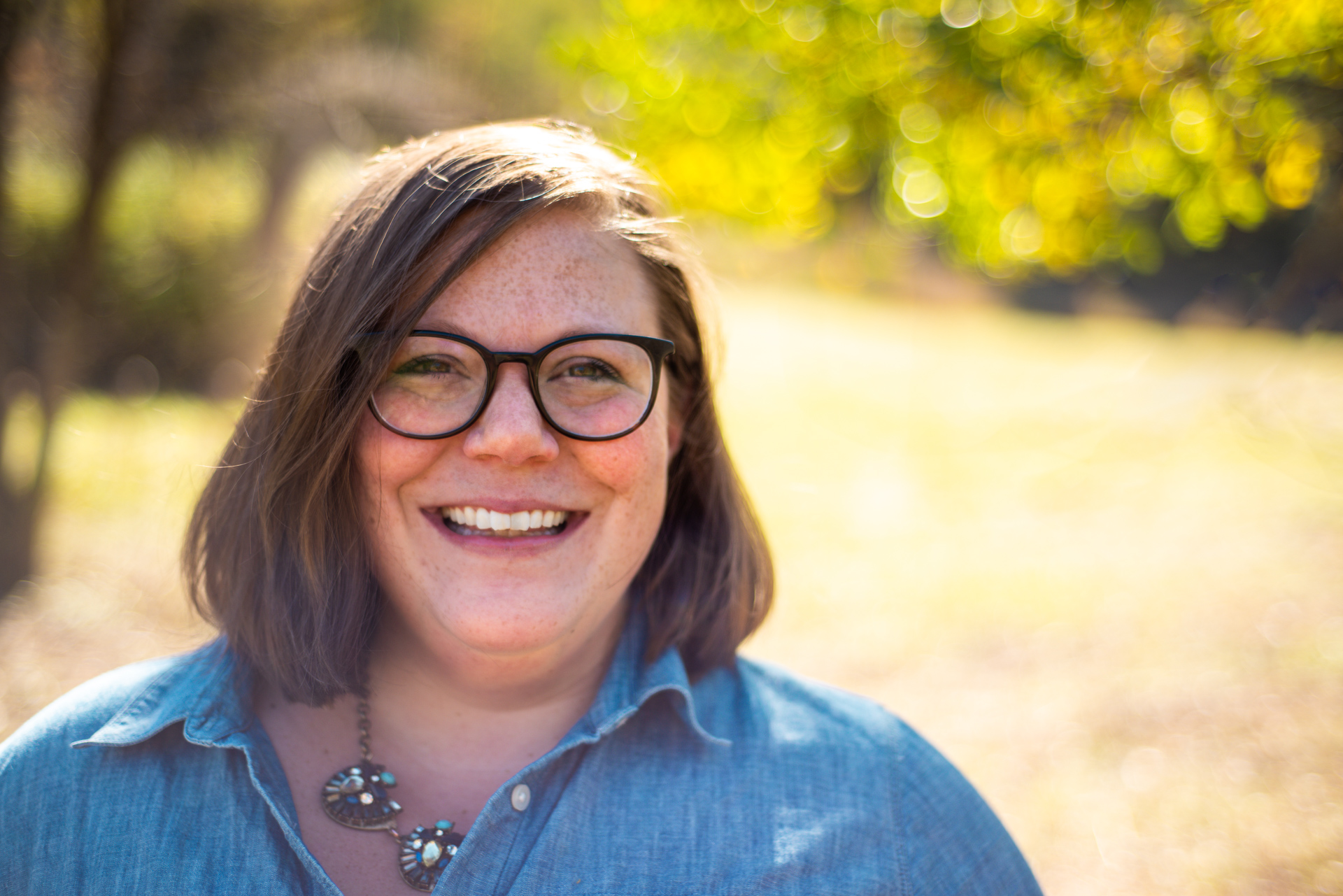Alright – so today we’ve got the honor of introducing you to Abbey Harlow. We think you’ll enjoy our conversation, we’ve shared it below.
Alright, Abbey thanks for taking the time to share your stories and insights with us today. What do you think Corporate America gets wrong in your industry? Any stories or anecdotes that illustrate why this matters?
One of the biggest things Corporate America gets wrong within the nonprofit sector is how deeply its values – around productivity and self-sacrifice – have seeped into our organizational culture. We’ve internalized this idea that if you really care about the mission, you should be constantly available, skip your PTO, and wear your burnout like a badge of honor. That mindset is unsustainable.
And while there are certainly individual steps we can take to reinforce our own boundaries, it’s important to know that this is not just a personal problem, but a structural one. The ability to protect your time isn’t equally accessible to everyone. It’s a form of privilege, one that’s often tied to positional power, job security, identity, or just having a supervisor who backs you up when you lay out boundaries.
So much at small nonprofits runs on inferred expectations. No one tells you not to take time off or not to wait until morning to respond—but the absence of systems or clear communication sends a message. I once worked with a staff member who routinely responded to board member emails at midnight because they believed that when someone emails you, you’re expected to reply immediately, no matter the hour or the role. No one ever said that was required. But no one ever told them it wasn’t, either. That silence from leadership functioned as permission, and over time, it turned into an unspoken expectation.
Rest is not a luxury, and boundaries are not a weakness. And leadership isn’t about being the last one to leave the office; it’s about making it safe for others to leave when they need to, without guilt or fear.

Abbey, before we move on to more of these sorts of questions, can you take some time to bring our readers up to speed on you and what you do?
I run Harlow Nonprofit Consulting, where I work with small nonprofits across New England and beyond on strategy and capacity building. I specialize in helping mission-driven organizations do good work more sustainably
I’ve been in the nonprofit sector for nearly two decades, starting out as a development coordinator at a small arts organization where “wearing many hats” meant doing everything from writing appeal letters, to folding thousands of brochures, to playing bartender at special events (let’s just say we can all be glad I moved on to other things). I’ve worked in-house, I’ve worked in departments of one, and now I consult full-time with small nonprofits who’d like some support. My work sits at the intersection of strategy and implementation—helping teams not only figure out where they want to go but how to actually get there with the resources they have.
Most of my clients come to me when they’re at an inflection point: a leadership transition, a stalled fundraising plan, a board that’s disengaged, or a big idea that needs community buy-in. Often, they’ve been doing a lot with very little for a long time. They know they need to pause and regroup, but no one has had the capacity to lead that process internally.
That’s where I can come in. I partner with staff and board members to help them create clarity and direction. Everything we build together is designed to support the real people doing the work. My role is to make space for their ideas, help sift through the noise, and create tools they can use—not plans that sit on a shelf, but living strategies that feel doable and aligned with their values.
Where do you think you get most of your clients from?
The best source of new clients for me has been word of mouth. Referrals from past clients, colleagues, and peers who know how I work have been key. That, and simply showing up—speaking at events, attending conferences, and being part of the spaces where small nonprofits gather and talk about what they need.

Are there any books, videos or other content that you feel have meaningfully impacted your thinking?
One of the biggest shifts in my thinking came when I was introduced to CliftonStrengths. It gave me language for how I naturally show up in my work and helped me stop framing certain traits as deficits. My top strengths are Input, Empathy, Connectedness, Restorative, and Harmony. These are not always what people associate with leadership or entrepreneurship, especially in spaces that prioritize speed, boldness, or competition. I try to filter as much as I can through them by asking thoughtful questions, holding space for complexity, seeing patterns and systems, and building practical solutions. It has helped me work with the way I am wired instead of against it, and to understand that these quieter strengths are just as powerful, especially in the nonprofit world.
Contact Info:
- Website: https://www.harlownonprofitconsulting.com
- Linkedin: https://www.linkedin.com/in/harlownonprofitconsulting/
Image Credits
Justin Jankus Creative Services


